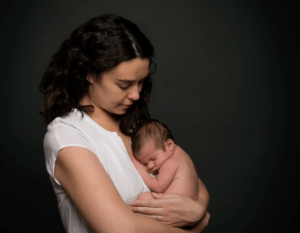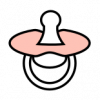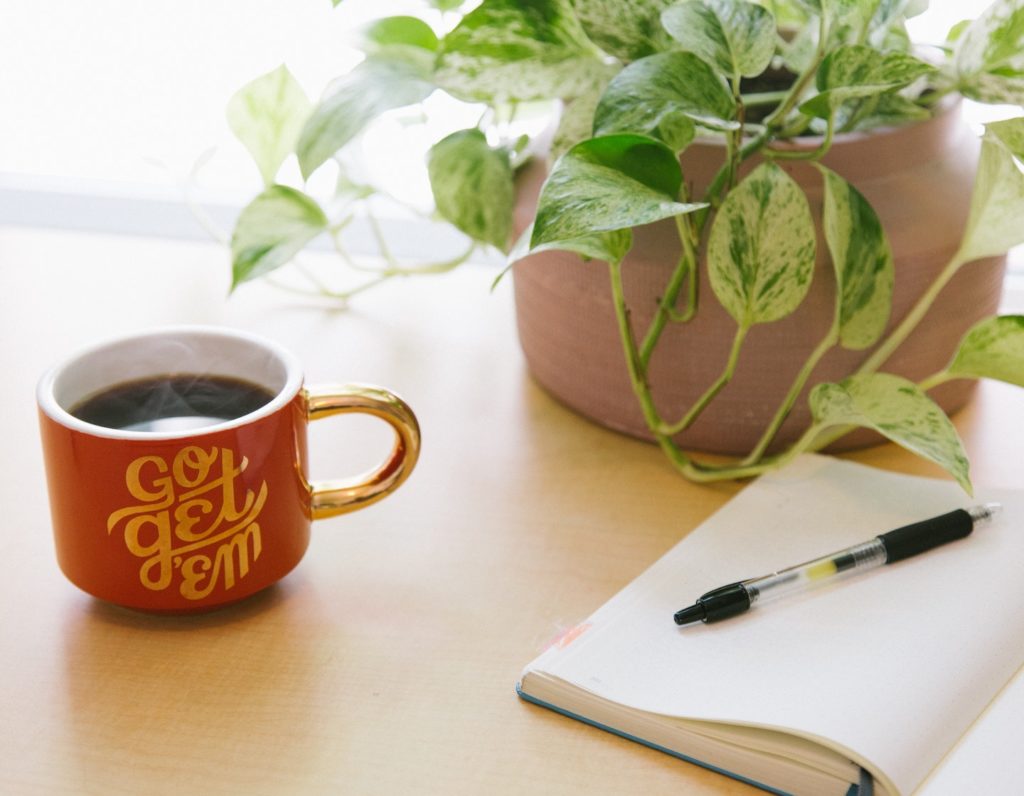
 Post Category - ParentingParenting
Post Category - ParentingParentingReturning to work after maternity leave comes around way too fast, what is with that?! The range of emotions that come with going back to work after having a baby are very real and raw. “What if I hate it (or love it too much!)? What If my baby misses me? Or worse, what if they don’t?” Navigating going back to work after having a baby can be tough. We ask a Hong Kong mama for her top tips to make the transition slightly easier. Working Mamas, you’ve got this.
Having a baby is one of the biggest things you’ll do in your life, if not the biggest. While it’s a joyous time, it can also bring about a whole world of emotions and thoughts that you may have never experienced before – and that’s all before you even think about going back to work! Just as you start to feel like you’ve got the hang of things at home with your precious little one, suddenly your maternity leave is up and it’s time to head back to a new kind of normal. With mum guilt, anxious thoughts and getting your head around the logistics of it all, read on to understand that you’re not alone in this when it comes to saying: “Mummy loves you, I’ll see you later!”.
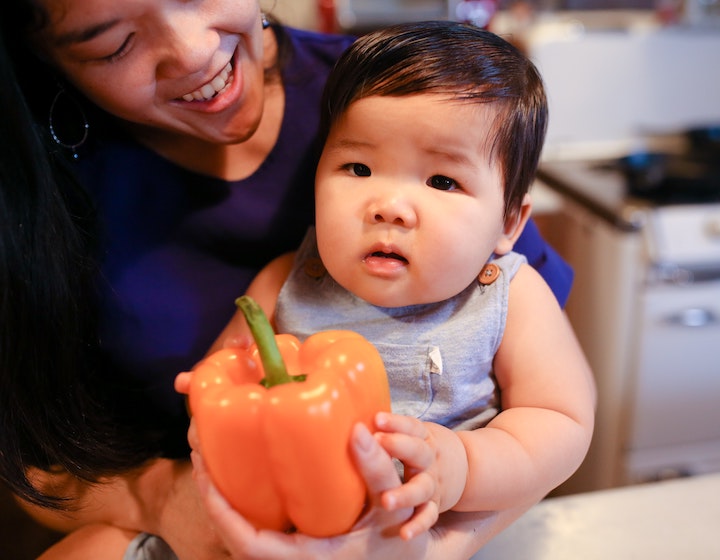
 It’s Normal To Feel Nervous Going Back To Work After Having A Baby
It’s Normal To Feel Nervous Going Back To Work After Having A Baby
There’s no sugar coating it, maternity leave always feels too short, but in Hong Kong, that’s often because it is too short. It’s normal to have the overwhelming feeling of being not quite mentally ready or prepared to go back to work. The questions are probably whirling through your head:
- Will my baby bond with another caregiver?
- How do I know if my career is looking after my baby well?
- Is there enough breastmilk in the freezer, mental stimulation for my baby, or social time?
- Is work going to be the same or have my co-workers moved on?
- Will I have somewhere to pump?
- Can I still travel for work or work the hours that I used to?
- I haven’t slept several nights in a row, how can I be functional at work?
It’s no secret that women are pretty hard on themselves, and separation anxiety from a little human being that you’ve carried for nine months and then spent days and nights looking after is only normal. Just try to remember that everything is a phase, including this one, and while it is emotionally and sometimes even physically challenging, you will get through it and everything will be ok.
Read More: Postnatal Depression: How To Detect Symptoms And Find Solutions

 Back To Work After Baby: You Might Surprise Yourself
Back To Work After Baby: You Might Surprise Yourself
I was surprised to get back to my job and feel a wave of relief at having a routine, a sense of control over the outcome of what I was doing and being an expert at my job – and I definitely had to talk myself out of feeling guilty for feeling that way.
Us mamas tend to counteract that by taking ourselves on a guilt trip, but the reality is, the transition is probably harder on you than it is on them and you’ve likely done an amazing job equipping your little ones with everything they need to survive the day without you. Babies are very clever and will adapt to the new routine. You’ll be surprised at how quickly both of you will adjust and thrive in the new situation.
Read More: Your Guide To Meditation And Mindfulness In Hong Kong
 You’ll Appreciate Your Time Together Even More
You’ll Appreciate Your Time Together Even More
There’s no feeling quite like coming home from work and your baby’s eyes light up when you enter the room. That soon turns into a big smile and squealing giggle, and then a screaming “Mummy!” as they run into your arms (don’t worry if your little baby doesn’t do this yet, they’ll get to this stage eventually!). You learn to carve out dedicated time for work and family and enjoy each part to the fullest. I definitely found myself not minding as much waking up at 5am to feed and spend some time snuggling before the pre-work pump session.
Read more: Mama Advice: 5 Tips On How To Be A Happier Parent
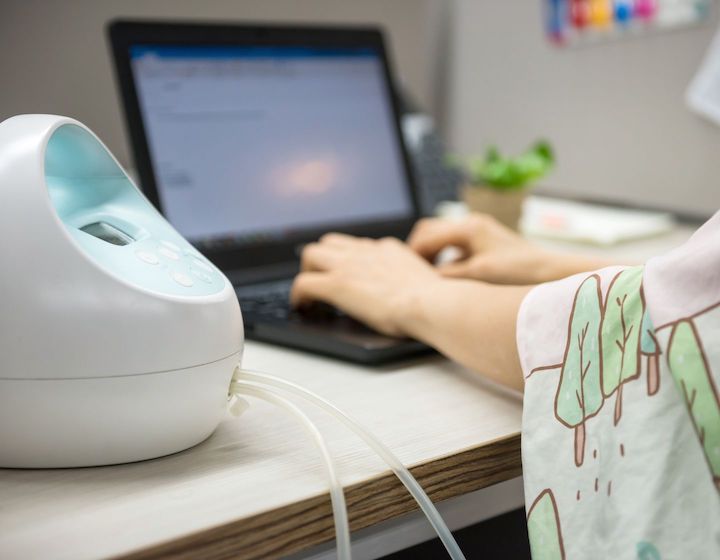
 End Of Maternity Leave: Let’s Talk About Breast Pumping
End Of Maternity Leave: Let’s Talk About Breast Pumping
This is not an easy one in Hong Kong. Many offices still aren’t well equipped to provide the space or facilities to pump breast milk in a comfortable and hygienic way. There are things you can do to help improve your situation though.
Tips For Pumping At Work
- Set the expectation early on with your manager or HR department that you’ll need time and space to pump so that they can do their best to prepare for it. It is your right to take time to pump and have a hygienic place to do it. I made sure I got a portable breast pump that is battery operated, so I wasn’t constrained to being near a wall socket. My Youha The One breast pump was small enough to carry in my purse to and from work every day. I also packed four milk collection bottles, one set of pumping parts and tubing, a cooler bag for transport and a hands-free pumping bra.
- Find a dedicated pumping room or room that locks, isn’t a glass office and, if it has windows, bring something to cover it up.
- After pumping you’ll need a refrigerator and a sink. Breastmilk is naturally bacteria-fighting, so I washed with hot water and didn’t sterilise the pump parts between pumps. I stored them in the fridge (and then sterilised them once I got home), but if you prefer to, you can bring microwaveable steam sterilising bags, or a spare set of extra clean pump parts.
- Don’t forget to block your calendar for the times you plan to pump. Also book the pumping room if the option is there so that you can be sure to pump at regular times to avoid clogged ducts or a rapidly dropping milk supply.
- Stay hydrated and wear breastfeeding-friendly clothing if the pumping room doesn’t lock. Try to spend this time catching up on photos and videos of your little one whilst not stressing about how much you’re pumping.
In the early days back at the office, you may want to bring some breast pads while you’re adjusting, just in case you don’t get to pump when you were intending to! A pair of Silverettes will also help if you’re suffering with cracked nipples. It doesn’t hurt to have some snacks in your pump bag as well…
Read more: Breast Pumps In Hong Kong: Spectra, Medela And More, Which Is Right For You?
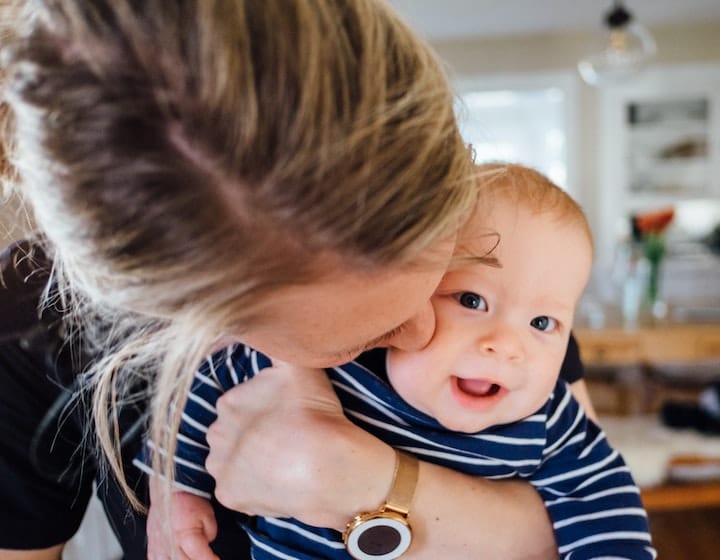
 Get Into A “New Normal” Routine When Returning To Work After Maternity Leave
Get Into A “New Normal” Routine When Returning To Work After Maternity Leave
Setting up a good routine for your little one and you will take away a lot of stress. Your little one will adjust more easily to their new caregivers and will be less likely to be upset about your absence. It’ll become easier if they’re refusing to take a bottle or nap while you’re away as well. If the main caregiver (while you’re at work) is their Aunty or Helper, make sure they have a small network of friends and babies of similar age to set up regular playdates with. If your baby is older, consider getting them into a playgroup. You’ll get to kill a few birds with one stone in providing your baby with the stimulation, social interaction and stable routine all in one.
Read More: Playgroups For Babies And Toddlers In Hong Kong
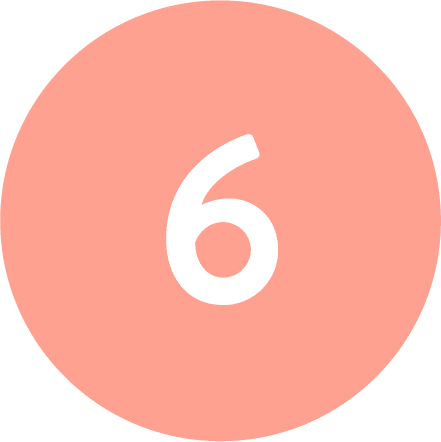 You’re Still Their Mama
You’re Still Their Mama
This is probably the hardest part. When your little one develops an attachment to someone else and it feels like you’ve been replaced.
“Yes, they may become accustomed to being comforted by someone else when they’re upset, but there is no one like their mama or papa. As they grow older and can express themselves better, you will see that too.”
Take comfort in whoever is looking after them when you’re back at work is doing a good job and can comfort them. With smart phones, we’ve come further than ever in being able to share moments as they grow. I watched my son’s first steps on video and watched him do it again when I got home that day. Why not ask your caregiver not to tell you so that you can experience it for the first time in person. No one will know the difference!
Ultimately, there’ll be days when you’re winning and others where you feel like you’re not so much. Both at being a professional as well as being a mother. However, the truth is, you’re taking on a huge role managing both while being a great role model as well. Finally, just try to remember one thing: you are Wonderwoman and you’ve got this!
Read more: That Mama: Vicki Chuard, Founder Of Petit Tippi
Editor’s Note: “Going Back To Work After Having A Baby: Advice From A Hong Kong Mama” was first published in June 2020 by Vicki Chuard and updated in July 2022 by Alex Purcell Garcia.
![]() This is part of a special series, “All About Breastfeeding In Hong Kong“. For more posts on breastfeeding in Hong Kong, click here.
This is part of a special series, “All About Breastfeeding In Hong Kong“. For more posts on breastfeeding in Hong Kong, click here.
 View All
View All










 View All
View All





 View All
View All

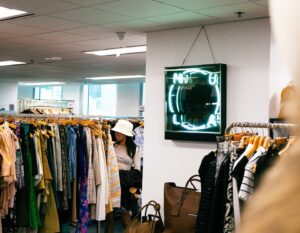
 View All
View All










